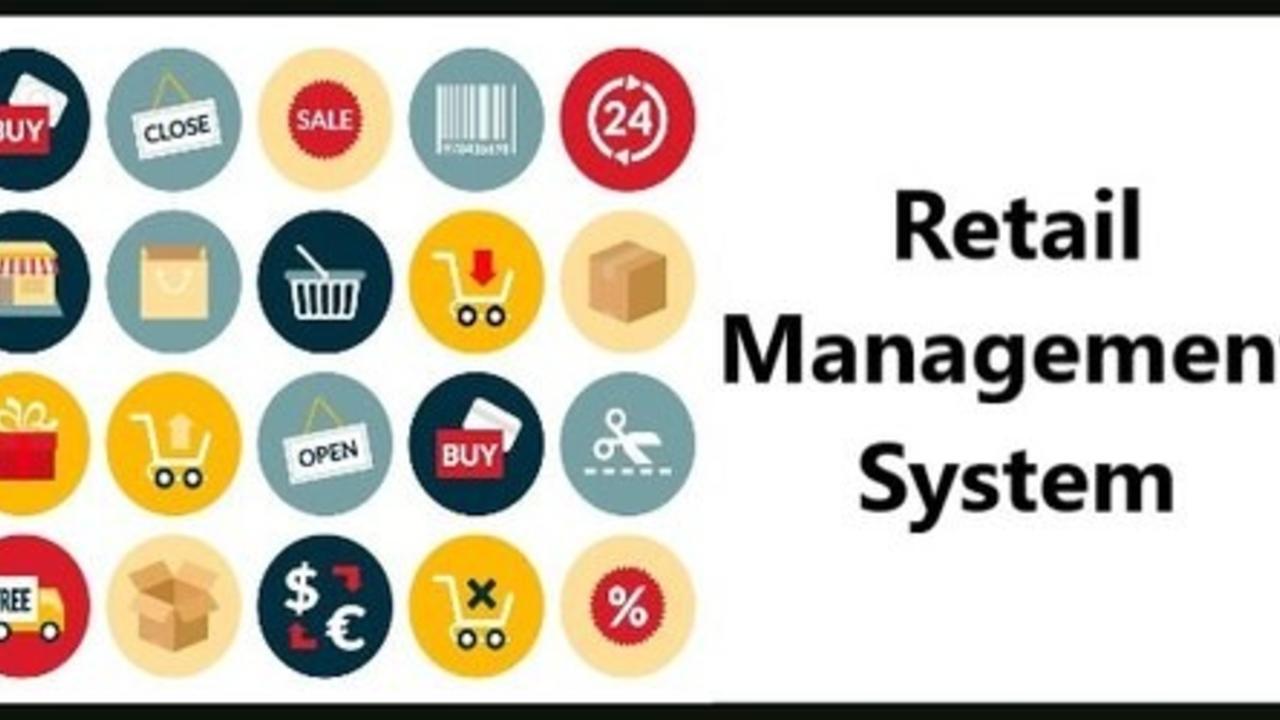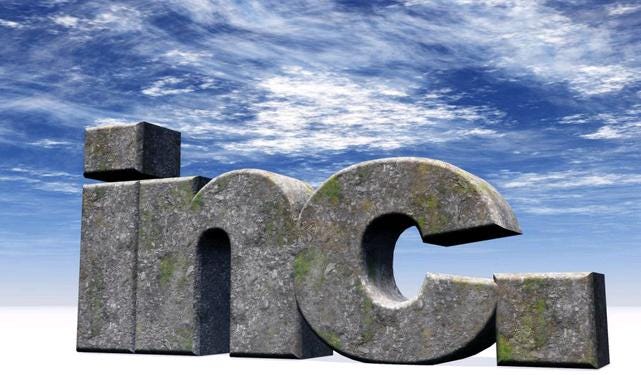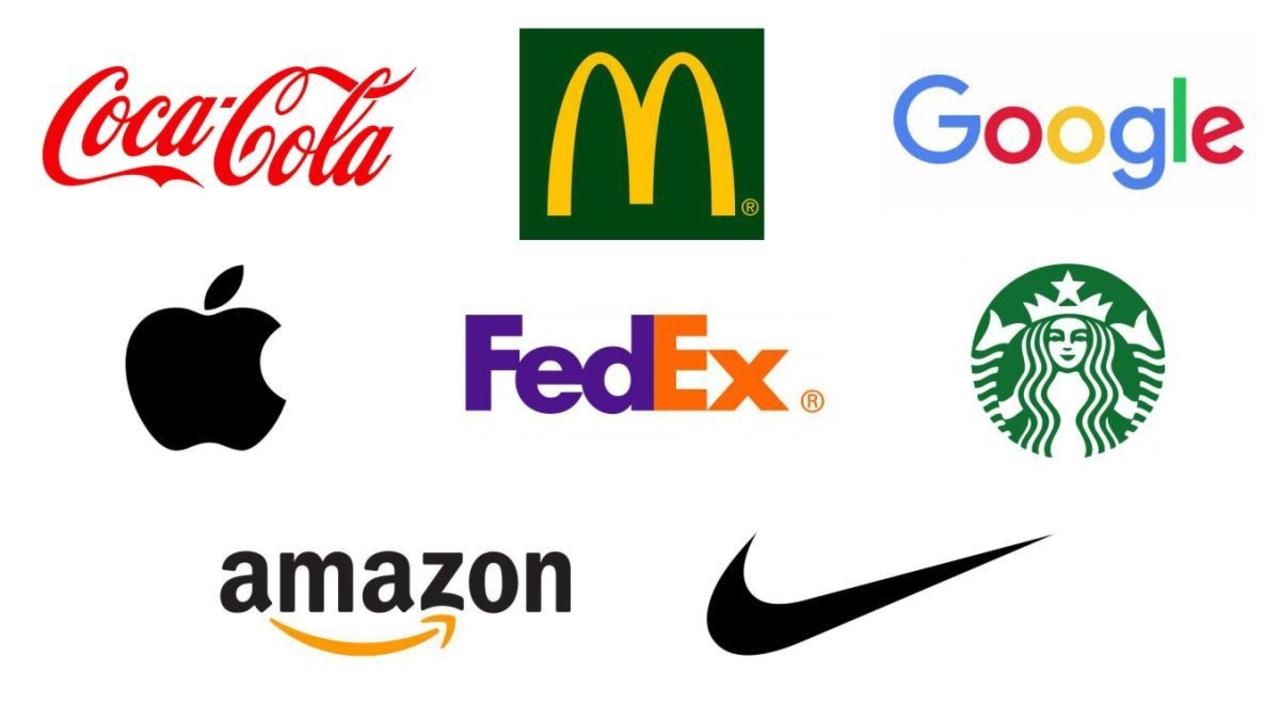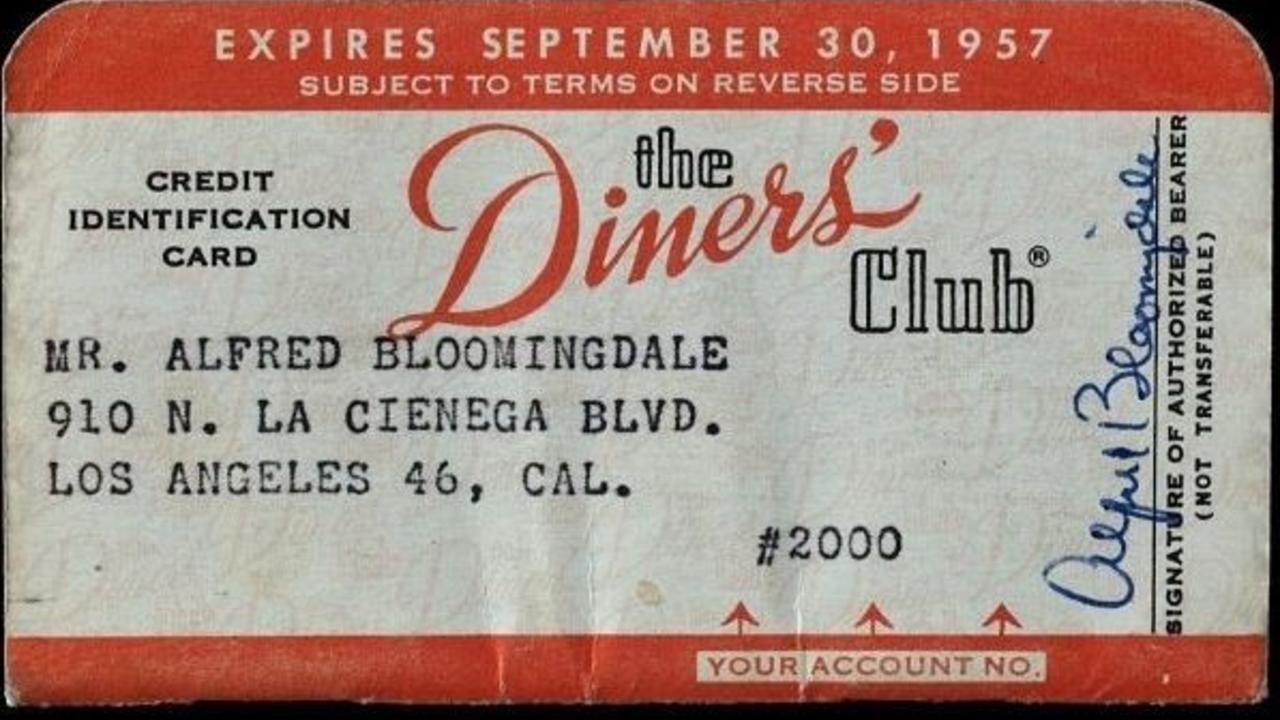Retail Sector is Constantly Evolving

Keep Abreast of Market Trends and Your Clients’ Tastes or They’ll Shop Elsewhere.
Markets evolve quickly. Businesses can be likened to sharks in that they must be constantly propelling forward to prevent from sinking. Whether you maintain a comfortable market share or are chasing a competitor, awareness of your strategic market and client’s preferences is paramount.
Since prehistoric times, when cavewomen wanted shinier rocks and softer animal skins than their neighbor caveperson, early humans learned the skill of bartering. As we learned advanced agricultural techniques bartering became more sophisticated and increasingly challenging. I imagine it was difficult to trade twenty bales of hay with a palette of eggs without some fatigue. As these scenarios progressed and carrying excessive goods is made impractical, we started using coins or their paper equivalent.

Hanna-Barbara were both underrated Economists
Soon, our tastes evolve and desire for travelling across unfriendly...
Taking an Interest in Art

Leonardo’s Mona Lisa and The Joys of Compounding
This portrait below of a noble woman, dressed in the Florentine fashion of her day, and seated at the foreground of a mountainous landscape, is an instance of Leonardo’s sfumato technique of soft, heavily shaded modeling. The Mona Lisa ‘s enigmatic expression, which seems both alluring and aloof, has given the portrait universal fame. Guys love it when girls play hard to get.

Also, of legendary fame, albeit in a much less sensual manner, are Warren Buffett’s annual letters to his partners within the financial industry. This letter is anxiously anticipated by his loyal Omahans. I refer to one going back to 1964.
Buffett loquaciously espouses:
“ Since the whole subject of compounding has such a crass ring to it, I will attempt to introduce a little class into this discussion by turning to the art world. Francis I of France paid 4,000 ecus in 1540 for Leonardo da Vinci’s Mona Lisa. On the off chance that a few of you have not kept ...
Elocution Execution

Now Wishing You’d Taken That Speech Class in Middle School…
For those of you with a sweet tooth, you will relate. To treat a cavity, a dentist removes the decayed portion of the tooth and then “fills” the void created. Fillings are used to repair cracked or broken teeth and those worn down from nail-biting or grinding. First, the dentist will use a local anesthetic to numb the area to be filled, followed by a drill, air abrasion instrument or laser will be used to remove the decayed area.
We can all agree this is not a pleasant act.
“Filler Words” have the same effect on conversations — as well as my ears. These words; or more precisely: utterings, are such a part of the common vernacular I am going to resist the urge to list any of them.

Often, these ticks of speech serve as crutches when we find ourselves unnerved. Whether distracted or at a loss for what comes next, it is easy to lean on filler words. Friends, this cane is infested and rotting with termites, so avoid it....
Dover Soul - Going Public On The Benefits (and Pitfalls) of Incorporating in Delaware

Not since that fateful historic crossing of the Delaware River have so many suits left Trenton for Dover.

As with most legends, creative imaginations and the passag
...Goldilocks Zone in Branding

Distinguishing your Brand and Products is No Fairy Tale.
True originality is difficult to achieve. When it comes to products, logos and branding that are entirely unprecedented, they are few and far between. Your company can outsource to a white shoe Madison Avenue PR firm, source bespoke fabrics, create unique designs but that does not assure relevance to a persnickety public.
Iconic brands are a cultural phenomenon that inspire unbreakable loyalty in their following. Greater than its products or services, an iconic brand identity has such a strong influence and reputation within an industry that it needs no introduction. Nike Swoosh. Golden Arches. Prancing Horse.
Iconic brands, whether subliminal or overt, are experts in psychological marketing. These are businesses that have spent years developing a unique identity that advocates ideas and concepts that resonate with the people they want to sell to. As iconic brand identities play an important role in their consumer’s life, they...
Missteps Can Lead to The Greatest Strides

How Forgetting One’s Wallet Affected the Contents of Every Wallet Thereafter.
In 1949, businessman Frank X. McNamara forgot his wallet while dining out at a New York City restaurant. Cheeky trick. Fortunately, his wife rescued him and paid the tab. It was an embarrassment he resolved never to face again. Legend has it this was the true start of the feminist movement.
One year later, February 1950: McNamara returned to Major’s Cabin Grill with his partner and trusted attorney, Ralph Schneider. When the bill arrived this time, McNamara paid with a small cardboard card, known today as a Diners Club Card. This event was hailed as the “First Supper,” paving the way for the world’s first multipurpose charge card. Diners Club made its mark on history becoming the world’s first independent credit card company. ( A charge card as distinguished from a credit card, as it requires paying off your full balance once a month.)
In its first year of business, Diners Club grew to 10,000 members from ...
Inner Peace in Outer Space

Where Is This Renewed Interest In Outer Space Coming From?
Our fascination is no longer limited to interesting scientific endeavors relying on the radio transmissions of go-kart sized satellites. Every corporate bigwig is bringing his toy rocket to the Board Room sandbox. Elon Musk’s Space X has established the commercial viability of its Falcon 9 Rocket, the first orbital class rocket capable or reflight. Jeff Bezos has undertaken some lofty goals with his Blue Origin. He believes “that in order to preserve Earth, our home, for our grandchildren’s grandchildren, we must go to space to tap its unlimited resources and energy. Like the Industrial Revolution gave way to trade, economic abundance, new communities and high-speed transportation — our road to space opens to the door to the infinite and yet unimaginable future generations might enjoy”. Overnight moon rocks, anyone? Do not forget the O.G. of modern space spin — Sir Richard Branson. He still wants you to book your honeymoon wit...
Do's & Don't's of Business Relief Loans

In response to the Coronavirus pandemic, small business owners, including agricultural businesses, and nonprofit organizations in all U.S. states, Washington D.C., and territories can apply for an Economic Injury Disaster Loan [EIDL] from the Small Business Administration. The EIDL program is designed to provide economic relief to businesses that are currently experiencing a temporary loss of revenue due to coronavirus.
As in all governmental relief programs, the key to approval is the accuracy and punctuality of documentation.
While you may not submit your firm’s documentation automatically, you must keep careful records of how you spend EIDL proceeds in the event of an SBA or other governmental agency future review. Just as there have been audits and inspections of past disasters, there will be scrutiny of some of these loans as well. It would be wise to note all relevant expenditures as “EIDL” in your accounting program and keep an actual hardcopy file with receipts.
What can I s...
Department of Labor Proposes Rule to Clarify Independent Contractor Status

The U.S. Department of Labor recently announced a proposed rule clarifying the definition of “employee” under the Fair Labor Standards Act (FLSA) as it relates to independent contractors.
For eons, it was noticeably clear what an “employee” was. If you have a boss, you are an employee. If you can get fired, you are an employee. The gig economy has grayed the line between independent contractor and in-house staffer. Many successful U.S. corporations hinge their every customer interaction based upon this gray area. Hail a cab lately? I know — you try to avoid the extra dry-cleaning bill!
So, its time our big brother south of The Mason Dixon line tells us which side of this line we are on. Note, if you are reading this south of the 39th parallel, enjoy the weather. In a recent press release, the U.S. Department of Labor proposal aims “to bring clarity and consistency to the determination of who is an independent contractor under the Fair Labor Standards Act,” said Secretary of Labor Eug...
Another Business-Sports Analogy (this one is witty)

Avoiding Business Road Rash
By Luigi Rosabianca of Shield Advisory Group
There is no lack of sporting analogies and Team references to business strategy and success. No “i” in Team; Vince Lombardi quotes in board rooms; sports legend as spokesperson; bla bla bla. Yawn.
One sport is not often seen in ‘Team’ terms. Especially on this side of the Pond. Cycling. I cannot imagine another physical endeavor as physically and emotionally taxing of the human body as a cycling grand tour (Tour de France, Il Giro, la Vuelta)- besides starting one’s own business.
This is where my witty analogy starts to take shape so pay close attention.
There are 8 riders in a cycling Team. Various teams in a road race tend to ride in one tight clump called a peloton so everyone gets the benefit of drafting, except for the guy in the lead, of course. He (or she, as the female tours are gaining popularity) is said to be pulling the pack. The puller tires more quickly even as he sets the pace for everyone ...



